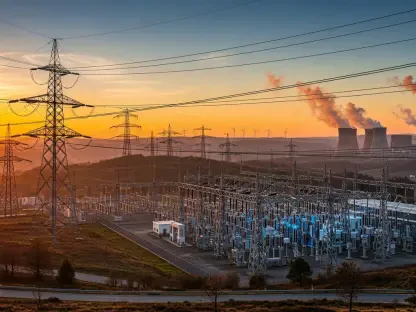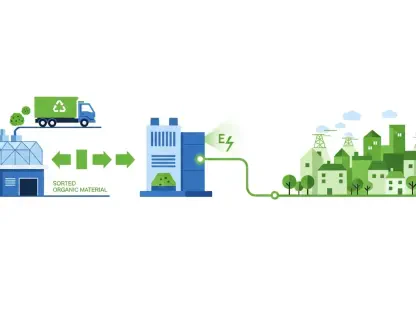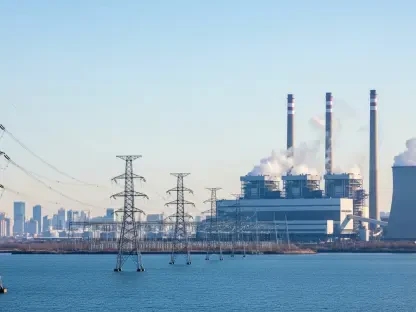Kazakhstan is taking a significant step towards redefining its energy landscape by proposing the inclusion of nuclear energy in the same category as renewable energy sources like solar and wind power. This initiative forms part of a wider legislative framework designed to accelerate the country’s transition to a green economy, integrating technologies like hydrogen energy. The Energy Ministry has tabled a draft bill for public discussion from October 18 to November 11, emphasizing the need for legislative support for nuclear energy due to its potential as an eco-friendly source. In 2023, renewable energy accounted for merely 6% of Kazakhstan’s total electricity output, highlighting the urgency to diversify and reduce carbon emissions.
Aligning with Global Trends
The European Union’s Influence
Kazakhstan’s approach is strikingly similar to that of the European Union, which designated nuclear energy as “green” in 2022, allowing projects to qualify for subsidies and other benefits. This classification facilitated the establishment of Kazakhstan’s first atomic power plant under more favorable conditions. The draft bill underscores the necessity of keeping legislation in sync with technological advancements and global practices, pointing to countries like Germany and Poland, where renewable energy laws have been frequently updated to meet evolving targets and support mechanisms. This strategic alignment with European policy frameworks demonstrates Kazakhstan’s commitment to not just expanding its energy infrastructure but doing so sustainably.
Legislative Preferences and Benefits
The draft bill’s authors argue that nuclear energy can play a pivotal role in decreasing the nation’s carbon footprint, provided it receives legislative and financial backing similar to that of renewable energy sources. The proposal aims to extend subsidies, tax incentives, and other benefits to nuclear projects. These legislative preferences are vital for accelerating the adoption of nuclear technology and integrating it within Kazakhstan’s overall green energy strategy. Such efforts would enable the country to establish a diversified energy mix, ensuring energy security and environmental sustainability.
Domestic Initiatives and Global Integration
Sustainable Energy Infrastructure
Kazakhstan’s draft bill is not merely about classifying nuclear energy as a green resource but is also focused on creating a resilient and sustainable energy infrastructure. By drawing on international best practices and adapting them to local needs, Kazakhstan seeks to craft a legislative framework that remains adaptable and forward-thinking. The country’s energy ministry believes that a harmonized approach, embracing diverse energy technologies, would position Kazakhstan as a leader in green energy adoption in Central Asia. Substantial investments in nuclear energy infrastructure, supported by comprehensive legislation, are expected to spur innovation and technological advancements in the field.
Hydrogen Energy and Diversification
Kazakhstan is making a groundbreaking move to reshape its energy future by proposing to classify nuclear energy alongside renewable sources like solar and wind. This initiative is part of a broader legislative push aimed at hastening the country’s shift to a green economy, incorporating technologies such as hydrogen energy. The Energy Ministry has put forward a draft bill for public input from October 18 to November 11. This emphasizes the need for legal backing of nuclear energy, recognizing its potential as an eco-friendly option. In 2023, renewable sources contributed just 6% to Kazakhstan’s total electricity production, underscoring the critical need to diversify energy sources and cut carbon emissions. The new legislation highlights the urgency of incorporating nuclear energy into the nation’s power mix to meet environmental targets. If successful, this move could position Kazakhstan as a leader in sustainable energy development, showcasing how emerging economies can tackle climate challenges with innovative solutions.









